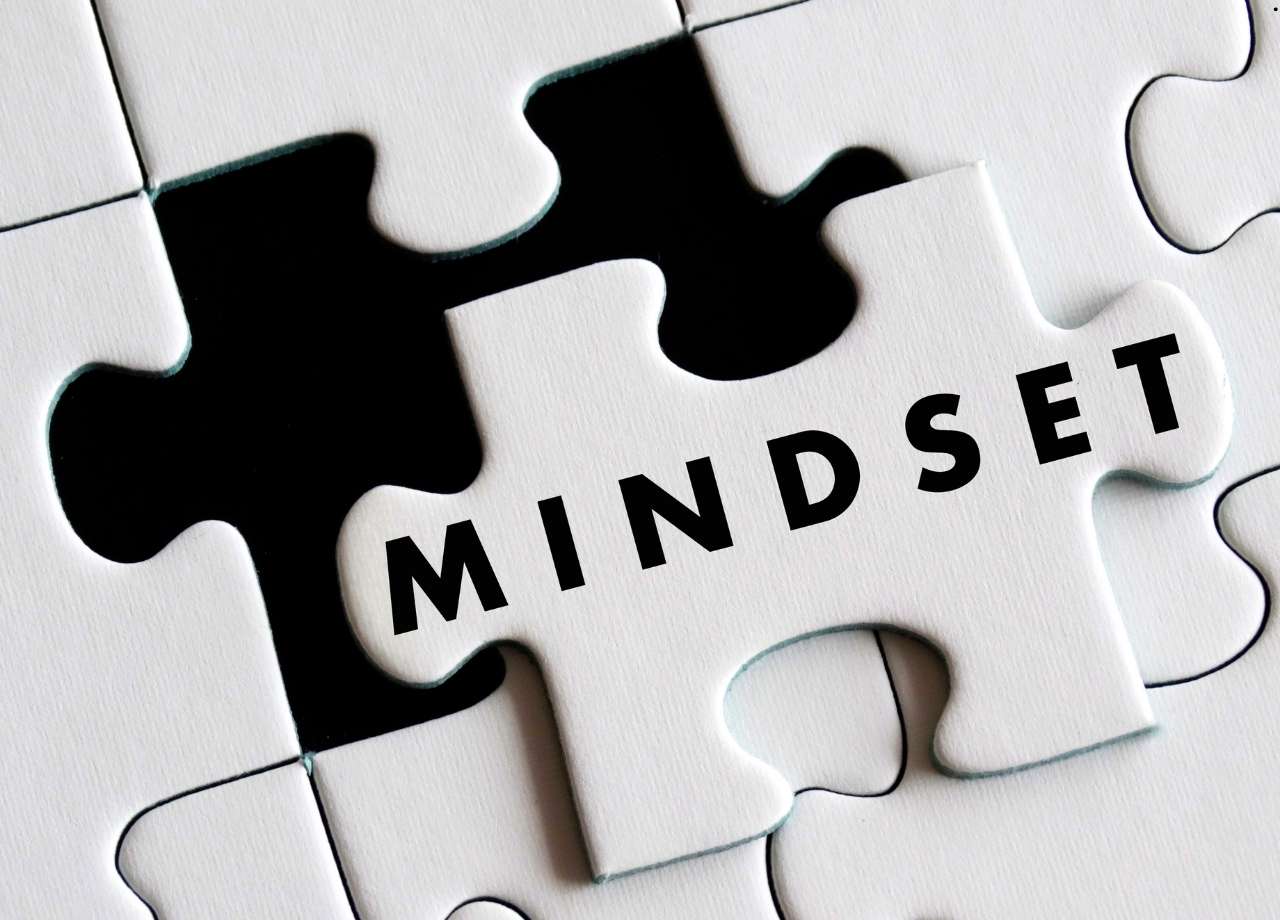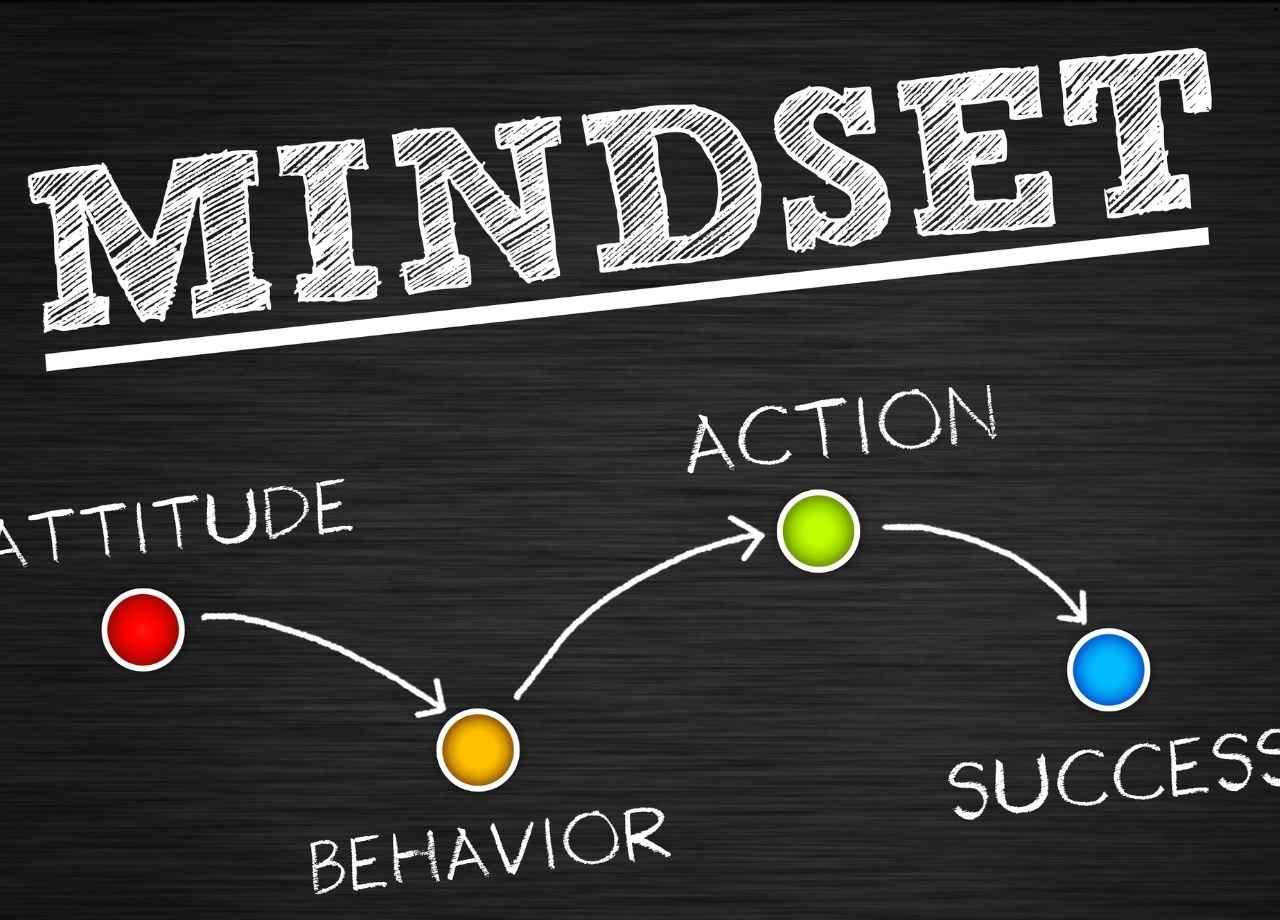
Building a brand today is no longer just about having a sleek logo or a catchy tagline. It's about connecting with consumers on a deeper level, where values, beliefs, and mindsets intersect. Traditional branding strategies may create recognition, but when consumers share a brand’s mindset, something powerful happens—emotional loyalty is born. This isn't just about repeat purchases; it’s about building relationships that last, even when competition grows, or trends shift.
To get consumers to form a lasting bond, businesses need to move beyond product features or services. They must create a narrative, a mindset that resonates with their audience, helping them see the brand as a reflection of their own values. In an increasingly cluttered market, emotional loyalty—rooted in mindset—becomes a brand's strongest asset. Here's why and how brands can leverage this approach.
Consumers are Driven by Purpose
Look around, and you’ll notice that consumer behavior is increasingly driven by purpose. People aren’t just purchasing goods for utility; they want to feel connected to the brands they support. A mindset-driven brand taps into this by aligning itself with the ideals and aspirations of its audience. The products become secondary, with the real bond formed over shared principles.
Think of companies like Patagonia. Their commitment to sustainability is more than just a marketing campaign. Their customers buy into the brand because they believe in Patagonia’s purpose of environmental stewardship. The company's mindset resonates with consumers who want to see the planet preserved, and as a result, they don’t just buy Patagonia jackets—they advocate for the brand.
When customers feel that they are contributing to something larger through their purchases, the loyalty they develop is far more profound than what any rewards program can offer.
Mindset Creates Identity Alignment
The reason mindset branding works so well is because it connects to a person’s sense of identity. People like to feel that their choices reflect who they are, and when they find a brand that shares their values, they gravitate towards it naturally. Consumers don’t just want products; they want products that say something about them. They want to associate themselves with brands that reflect their lifestyles, beliefs, and aspirations.

Nike has long embraced this concept by inspiring consumers with their "Just Do It" mentality. The message transcends the shoes and athletic gear they sell. It’s about embracing perseverance, effort, and victory in all aspects of life, which makes Nike's customers feel like they’re part of something greater than just a shopping experience. When a brand mindset aligns with a customer’s identity, the purchase decision is no longer about price or features. It’s about being part of a tribe, a community of like-minded individuals.
Emotional Loyalty Lasts Through Challenges
When a brand successfully establishes a mindset connection, emotional loyalty can carry the business through difficult times. Consider a scenario where a company faces a product issue, a price increase, or a distribution delay. If consumers are only loyal to the product itself, they might abandon the brand when something better comes along. However, if they’re loyal to the brand’s mindset, they’ll stick around.
Apple is a prime example of this. Even when competitors offer cheaper, or at times, more innovative products, Apple fans remain fiercely loyal. It’s because the Apple brand is about more than technology—it's about challenging the status quo, creativity, and simplicity. Apple users feel emotionally connected to that mindset, and they stay with the brand because it represents something about them. This type of loyalty, built on emotion, is incredibly hard for competitors to break.
Authenticity is Key to Building a Mindset Brand
The quickest way to lose consumer trust is by faking it. A mindset brand can't be fabricated or forced. It must genuinely reflect the values of the company and its leaders. Customers are savvy enough to spot when a brand is adopting a mindset purely for profit, and they won’t hesitate to call it out.
Take a look at brands that have tried to capitalize on social movements without having any real connection to the cause. They often face backlash, and the damage to their reputation can be significant. In contrast, brands that have built their mindsets authentically and consistently—like Ben & Jerry’s with their longstanding commitment to social justice—are embraced. Their customers know that they aren't just jumping on a trend but are genuinely invested in the cause.
In today’s environment, consumers are increasingly skeptical of performative branding. They want to see action behind the words, whether that’s through community engagement, charitable efforts, or corporate practices. Brands that walk the walk will strengthen their emotional connection with customers, while those that don’t risk being left behind.
How to Adopt a Brand Mindset for Stronger Emotional Loyalty
To build a truly resonant brand, companies must adopt a brand mindset—a strategic shift from simply selling products to embodying a clear, purpose-driven identity. This means thinking beyond transactions and aligning every aspect of the business with the values and aspirations of the target audience. A brand with a strong mindset doesn’t just tell customers what it sells; it consistently demonstrates what it stands for through actions, messaging, and experiences. By doing so, brands create deeper emotional loyalty, as customers feel personally connected to the mission. Whether it’s sustainability, innovation, or empowerment, adopting a brand mindset helps businesses foster long-term relationships, ensuring that consumers stay engaged not just because of the products, but because of the brand’s identity and impact.
Mindset Branding Encourages Communit
A strong mindset brand does more than just attract customers—it builds a community. When consumers believe in a brand’s vision, they’re more likely to engage with each other, creating a network of people who share similar values. This sense of community is incredibly powerful. It not only keeps customers loyal, but it also turns them into advocates for the brand.
Look at brands like Peloton. The company's “Better Together” mindset has fostered a loyal community of users who share workout tips, encourage each other, and participate in challenges. This sense of belonging keeps Peloton customers coming back, even when alternatives are available. More importantly, these loyal customers often spread the word to others, creating organic growth driven by emotional connections.

Similarly, platforms like Rediem allow brands to strengthen this community by creating tailored experiences that encourage engagement. When consumers feel connected not just to the brand but to other consumers who share the same mindset, emotional loyalty deepens.
Long-Term Gains vs. Short-Term Wins
Building a mindset brand takes time. It's not something that can be achieved overnight or with a single campaign. But the long-term benefits are worth the investment. Brands that focus on emotional loyalty tend to see higher lifetime customer value and stronger advocacy, both of which are essential for sustainable growth.
It can be tempting for businesses to chase quick wins through promotions or discounts, but those strategies often result in transactional relationships with customers. Once the sale ends, so does the customer’s loyalty. On the other hand, brands that invest in fostering a shared mindset with their consumers reap the rewards of lasting relationships, even if it takes longer to get there.
Take luxury brands like Louis Vuitton or Gucci. They’ve created a mindset of exclusivity and craftsmanship that resonates deeply with their customers. People don’t just buy their products—they buy into the story of legacy, heritage, and high status. As a result, these brands don’t have to rely on sales or discounts to retain their customers. The emotional connection their consumers feel with the brand is enough to keep them coming back.
Conclusion: The Future of Brand Loyalty Lies in Mindsets
In an era where consumers are bombarded with options, building a mindset brand is one of the most effective ways to cut through the noise and create lasting emotional loyalty. Brands that can tap into their consumers’ values and beliefs, authentically and consistently, will be the ones that not only survive but thrive in the long run.
By embracing a mindset that aligns with the desires of their audience, companies can foster stronger, more emotional connections, ensuring that their customers remain loyal, not just for what the brand sells, but for what it stands for. Brands that can make this shift in strategy will find themselves with not just customers but advocates for life.

